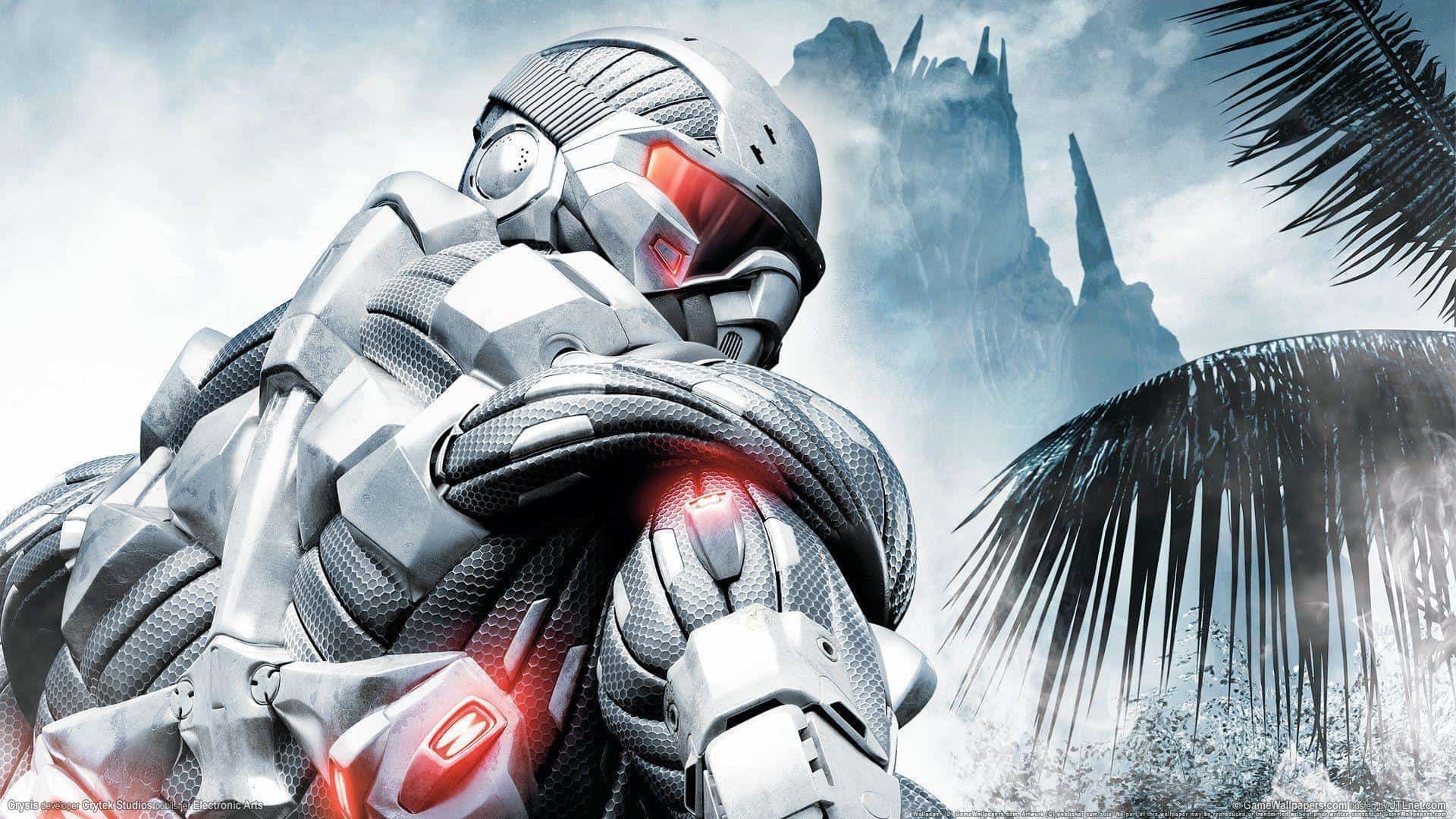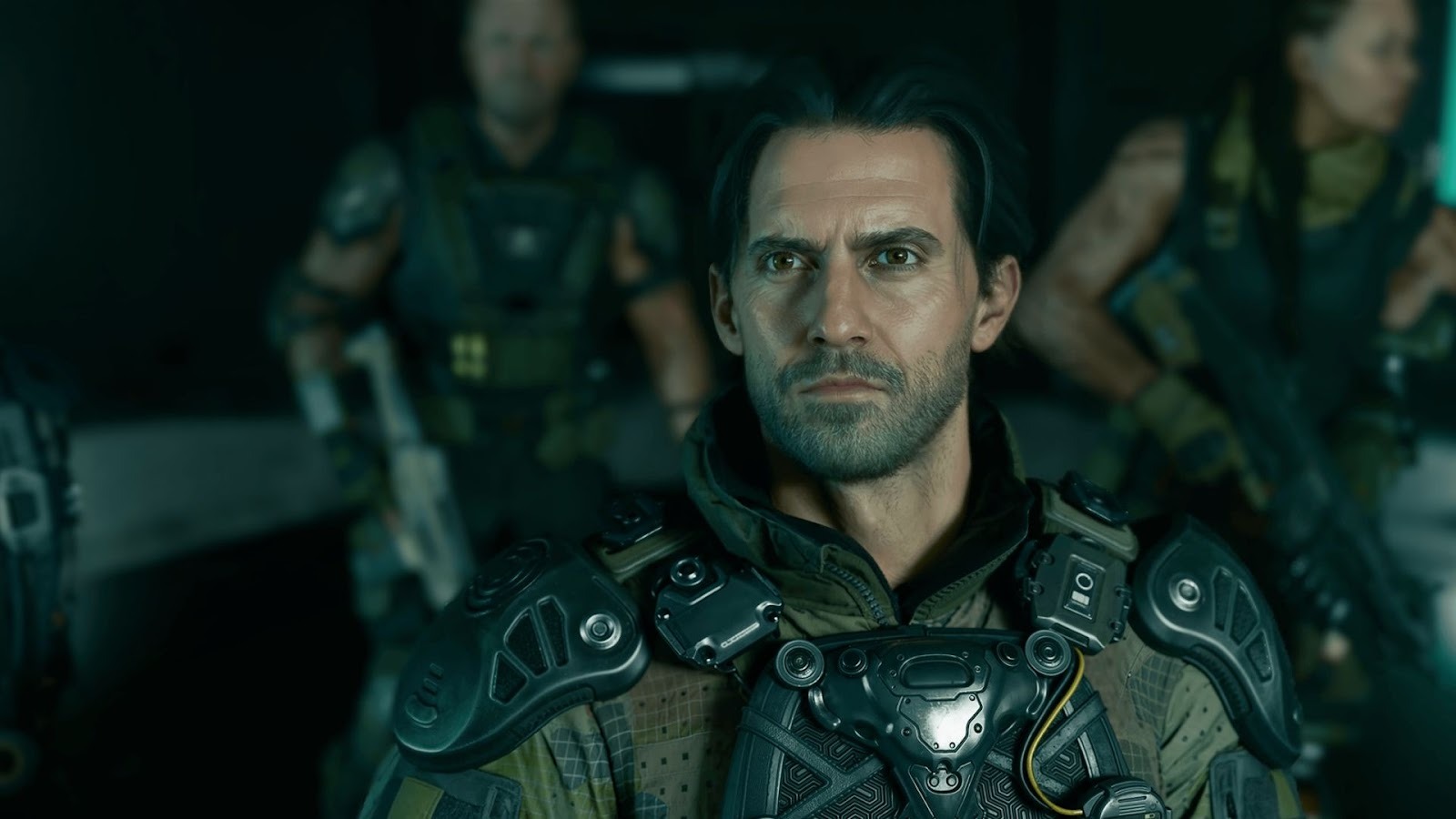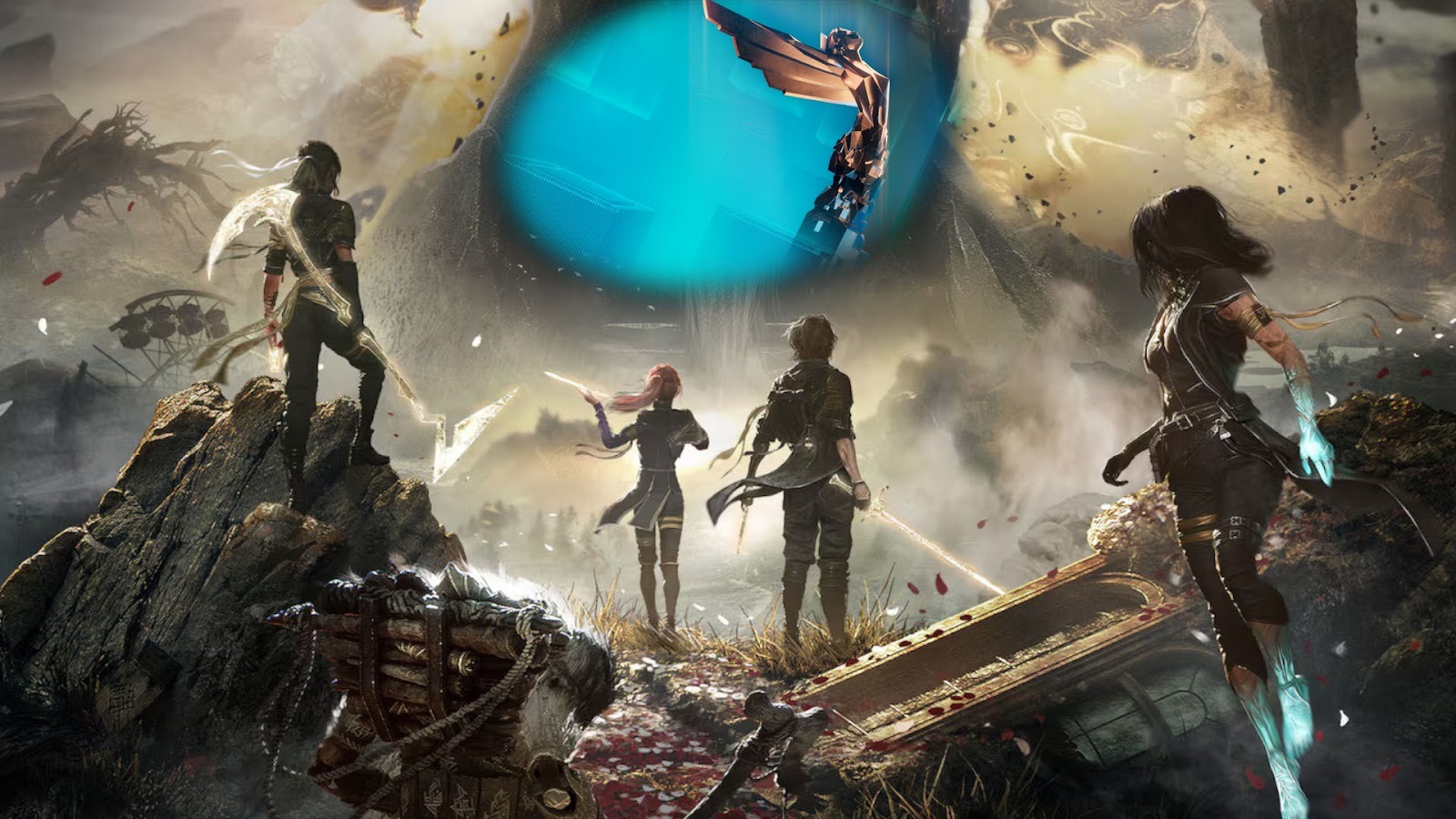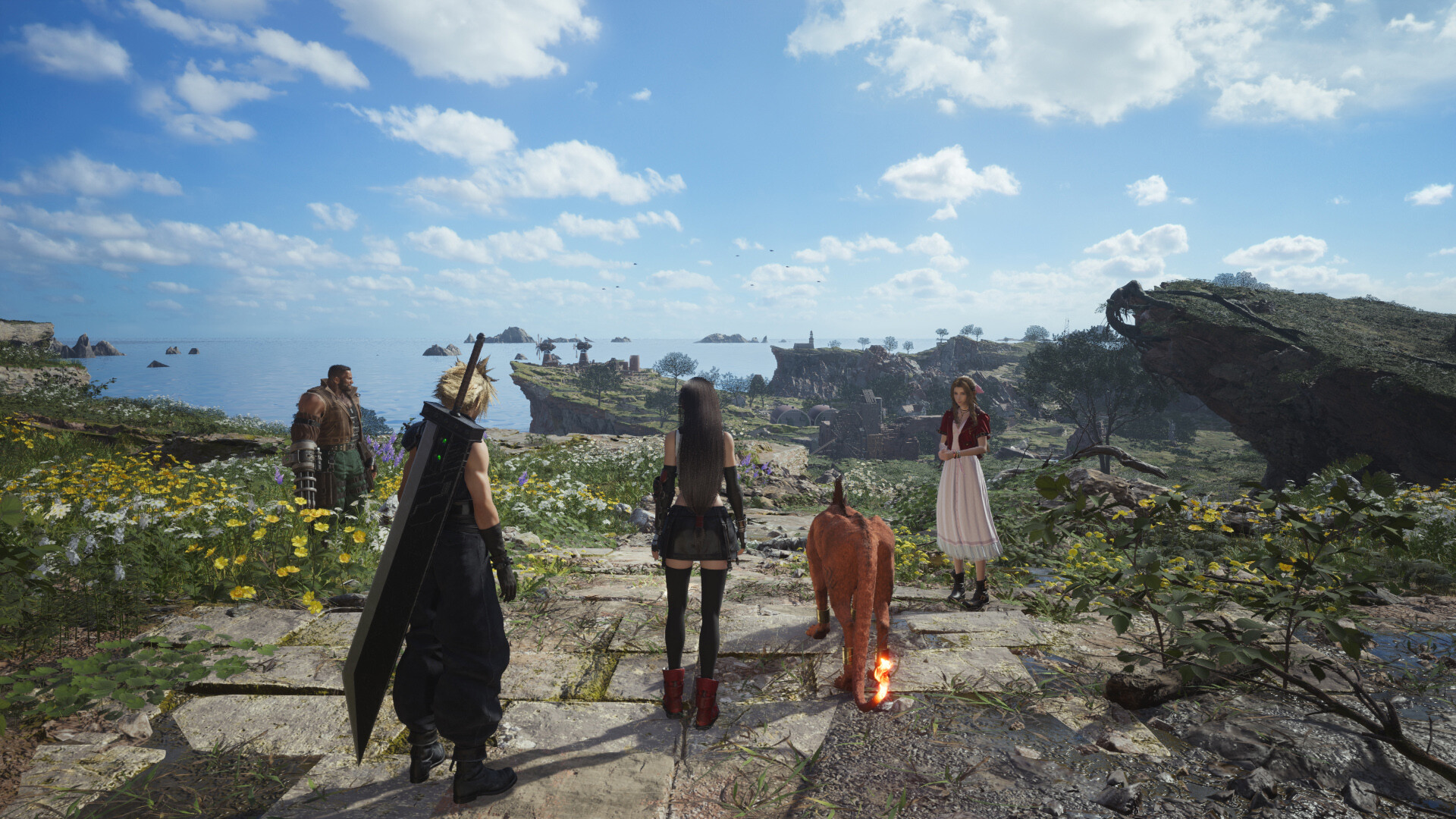You can trust VideoGamer. Our team of gaming experts spend hours testing and reviewing the latest games, to ensure you're reading the most comprehensive guide possible. Rest assured, all imagery and advice is unique and original. Check out how we test and review games here
In December last year Tom wrote a comment piece with a clear message: PC gaming is dead. I quote: “Even traditionally PC-only genres such as the RTS have made it to consoles, albeit with reduced functionality. It’s a worrying sign though, when developers are looking towards new platforms to sell PC games. If the hardcore PC gaming contingent want their beloved games to remain tailored exclusively for their platform they need to get their wallet out and buy some games. The adventure genre died, first-person shooters have upped and moved to consoles, RTS is migrating and the MMO is looking to experiment on consoles. How long before the PC becomes nothing more than a web-browsing word processor?”
Five months later and the “PC gaming is dead” shadow looms large overhead once again, this time sparked by Crytek president Cevat Yerli, who said that piracy of PC games is such a massive problem that it has forced the Crysis developer to move to multi-format releases.
“Similar games on consoles sell factors of 4-5 more,” he said. “It was a big lesson for us and I believe we won’t have PC exclusives as we did with Crysis in the future. We are going to support PC, but not exclusive anymore.”
So, further confirmation, if it was needed, that PC gaming is indeed dead. Done deal. End of story. But I couldn’t believe it. I refused to believe it. I needed further evidence before I smashed up my hard drive and put my head through my monitor.
So, with that in mind, in recent weeks I’ve been asking developers: “Do you think PC gaming is dead?” Not one of them agreed. And these guys are the experts.
Volker Wertich, creative director on the upcoming fantasy RTS Battleforge, and creator of The Settlers series, reckons that concerns over the future of PC gaming is nothing new, and is tied into the current console generation hitting its peak.
“We always have these kind of waves when new consoles come into the market and now we’re obviously getting soon to the peak of the current console generation,” he told me at EA Games’ recent showcase in London. “At some point the PC will be ahead of those again. So no I don’t think that the PC market is dead. Especially for the online games, the strongest market is PC. There is a shift in focus for online games towards the PC market. That’s for sure. I believe in that.”
Ben Cousins, executive producer at DICE, the studio responsible for the Battlefield games, was even more forthright in his belief that PC gaming is not dead. Rather, when I caught up with him to chat about upcoming EA-published free shooter Battlefield Heroes, he questioned whether PC gaming was in dire straights at all.
“Not only is there a completely new market who are playing the flash games, but then we’re starting to have these games like Heroes which are slightly more like a real full game on the PC,” he explained. “And also the high-end PC games market is doing well. If you look only at the American figures for only specific games maybe it looks disappointing, but if you look at the whole global market it’s doing really well and EA are going to continue to make PC games, absolutely. Especially the EA Games label, we’re really committed to PC.”
While many developers dismiss outright the suggestion that the PC is a dead platform, I do, however, believe that PC gaming is changing. Evolving, perhaps, is the better word. Some game genres, the RTS for example, will always feel more comfortable on the PC. Some, like the first-person shooter, like Crysis, will no longer be able to survive the threat of piracy without going multiplatform.
“Certainly PC gaming is in retreat in most areas,” Simon Bradbury, co-founder of Firefly Studios and designer on the PC exclusive Stronghold series and upcoming PC and Xbox 360 third-person action game Dungeon Hero, told me recently. “But for us, clearly a third person game would have to be multiplatform, absolutely no bones about it. But a first person shooter game, Crysis? That game was a very expensive big game and piracy hits them quite hard. It’s a short shelf life title that flies off the shelf.
“Strategy games are probably the last bastion of the PC because they’re games that suit the PC really well. The mouse and keyboard control, the fact that you load and save half a dozen billion of them. They’re involved games, they need a lot of patching, upgrades, DLC, the Internet, all of those things still work well on PC. Strategy games have never been a brilliant one on consoles. It’s just not suited to it. Especially builder games. We’re safe. God only knows if we’ll still be safe five years down the line, but right now strategy games are safe, partly through the interface and partly through the people who like to play them and the nature of the game. Anything else beyond that I think you’re right, it’s a bit scarier and you’ve got to really put it on consoles.”
Simon’s words will worry many PC enthusiasts, but he’s just being realistic. As a PC-only developer for many years, Simon’s been one of the standard bearers for the platform. But even he realises things change. The fact that Dungeon Hero is coming to the Xbox 360 as well as the PC, that it has to, is evidence of that. So, PC gaming is changing. But that doesn’t mean that it’s dying.
“In some ways the market is getting so big that there’s going to always be room for PC,” reassured Simon. “Perhaps it will become the scruffy relative of the gaming world, which has got these nice, big shiny cheerleaders out in the console world! But the PC will be the nerdy guy in the corner, as it always was, and there’s still that place for them I think. Perhaps the delivery method will change. If you get to the point where as a developer you can put stuff out on the web yourself you could get a lot of garage developers going back to those smaller bedroom coder things. So I see that as a really positive thing. It’s just the big blockbuster epics will probably not be on the PC.”
“The big blockbuster epics will probably not be on the PC.” Ouch. Well, not exclusively anyway. Look at Epic with Gears of War and Bioware with Mass Effect, these games come to console first and then to the PC, not the other way around. You might say Valve is as much an Xbox 360 developer as it is a PC developer. Who knows? Perhaps the next Crysis will come to console before it comes to PC. PC gaming isn’t dying. It simply has to get used to its new, readjusted, place in the world.
There are market conditions at play here, but there are also other, more obvious reasons for going multiplatform, especially when it comes to releasing games on PC and Xbox 360 – they’re just so similar.
This is exactly why Valve’s upcoming cooperative zombie-fest Left 4 Dead is coming to the Xbox 360 as well as the PC, because, as Chet Faliszek, project manager and writer at the studio told me recently, “it would just be stupid if we ever don’t do a 360 version of one of our games”.
When I asked him why they weren’t doing a PS3 version of the game, he said: “It just really comes down to the 360 is really easy for us to do. We developed the PC and 360 version almost simultaneously. They’re like a day off kind of thing where we build the next stage of the 360 version, but the Source Engine lets us just develop at the same time both the games. It just makes it really easy and simple, to the point where it would just be stupid if we ever don’t do a 360 version of one of our games.”
So, we shouldn’t take this multiplatform approach as a sign that PC gaming is going down the toilet. For me, there’s no reason why the two cannot coexist in a happy happy joy joy video gaming utopia. And, when you think about it, most PC versions of multiplatform games are the best. Both Epic and Bioware have admitted as much regarding Gears of War and Mass Effect respectively. PC gamers might have to wait a little longer these days, but, if they have decent hardware, they’ll always get the best experience.
Having dug a little deeper I’m somewhat reassured, cautiously optimistic, you might say, that PC gaming is not dead. But on this journey of discovery I have happened upon a surprise realisation: what we should be concerned about is not that games are coming to consoles as well as PC, we should be concerned that the that developers will no longer view the PC as a viable platform for innovation and the place where they can push graphical boundaries. I don’t believe that this has happened yet. But if it does, then we really will have something to worry about.

/https://oimg.videogamer.com/images/b3d8/left_4_dead_26.jpg)
/https://oimg.videogamer.com/images/75ad/battlefield_bad_company_38.jpg)






